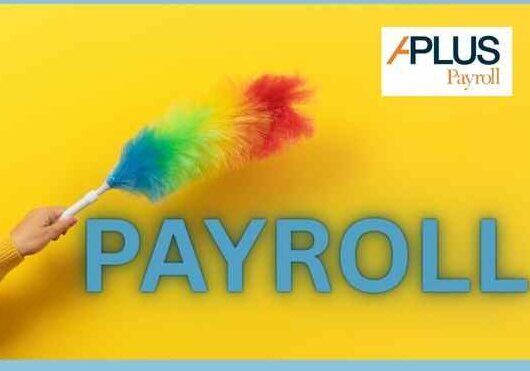What Are the Consequences of Misclassifying Employees in Payroll?
by Paul Devlin
June 19, 2024
Misclassifying employees as independent contractors in payroll can lead to severe consequences and penalties for companies. Here are some of the major consequences:
Financial Penalties
- Companies may have to pay back wages, overtime pay, and benefits owed to misclassified employees, which can amount to significant sums.
- Employers face hefty fines and penalties from government agencies like the IRS and Department of Labor for failing to pay employment taxes (income tax, Social Security, Medicare) and comply with labor laws. In the US, fines can include up to 100% of the misclassified employee’s FICA taxes and up to 3% of their wages.
- Employers may be liable for unpaid state and federal payroll taxes, as well as interest and penalties on those unpaid taxes.
Legal Repercussions
- Misclassified workers can file lawsuits against employers to recover unpaid wages, benefits, and damages, resulting in costly legal fees and settlements for companies.
- In serious cases of intentional misclassification, business owners could face criminal charges and potential jail time.
Operational Impacts
- Companies may face increased scrutiny and audits from tax and labor authorities, diverting resources from core business operations.
- Difficulty in attracting and retaining talent due to reputational damage from misclassification cases.
To avoid these consequences, companies must carefully evaluate worker classifications based on the degree of control, financial investment, and other factors outlined by regulatory agencies. Seeking professional guidance such as using a payroll provider like APlus can help mitigate misclassification risks.
This article does not constitute legal or tax advice. If you’d like more information on how APlus can guide you in classifying your employees correctly, please contact us today for a ‘no-pressure’ discussion or contact your friendly APlus CSS directly.
More Posts from APlus Payroll
Is Your Payroll Process Helping You Attract Top Talent?
Employees are looking for more than just a paycheck; they value transparency, efficiency, and a workplace that demonstrates genuine care...
HR Q&A – What Is ‘Quid Pro Quo’ Harassment?
The term "quid pro quo" is Latin for "this for that," and in the context of workplace harassment, it refers...
What Is Dynamic Scheduling and Do I Need It?
One of the lesser-known yet highly appreciated features of the APlus's TLM module is its Dynamic Scheduling Tool. This feature...
Do You Need to Spring Clean Your Payroll Process?
Spring is here and it's time to freshen up your people and processes. Here are 5 questions to ask yourself...
Posted in Payroll



